The Supreme Court is set to rule on a highly contentious case involving President Donald Trump's use of National Guard troops to suppress a protest at an immigration facility in Broadview, Illinois. Trump had requested the Supreme Court's intervention in October, after two lower courts ruled that his deployment of troops was unconstitutional.
According to court documents, Trump's lawyers argued that the president has the authority to deploy troops to maintain order and protect federal property, even if it means using force against American citizens. However, the lower courts disagreed, citing the Posse Comitatus Act, which prohibits the use of federal troops for law enforcement purposes.
"We are confident that the Supreme Court will recognize the president's authority to deploy troops to maintain order and protect federal property," said a spokesperson for Trump's legal team. "The Constitution gives the president broad powers to defend the nation and its interests, and we believe that this case is a clear example of that."
The case has sparked intense debate about the limits of presidential power and the role of the military in domestic law enforcement. Critics argue that Trump's actions are an overreach of executive authority and a threat to civil liberties.
"The use of military force against American citizens is a fundamental threat to our democracy," said a spokesperson for the American Civil Liberties Union. "We urge the Supreme Court to uphold the Constitution and the rule of law, and to reject the president's attempt to use the military as a tool for suppressing dissent."
The Supreme Court's decision is expected to have significant implications for the balance of power between the executive and legislative branches of government. If the court rules in Trump's favor, it could set a precedent for future presidents to use the military to quell domestic protests and suppress dissent.
The case has been closely watched by constitutional scholars and civil liberties groups, who are eager to see how the Supreme Court will rule. The court's decision is expected to be handed down in the coming weeks.
In the meantime, the protest at the immigration facility in Broadview, Illinois, continues to draw attention from human rights groups and civil liberties advocates. The protesters, who are demanding better treatment for immigrants and an end to the Trump administration's immigration policies, say that they will continue to demonstrate peacefully, regardless of the Supreme Court's decision.
The Supreme Court's ruling in Trump v. Illinois is expected to be a closely watched and highly influential decision, with significant implications for the balance of power between the executive and legislative branches of government.
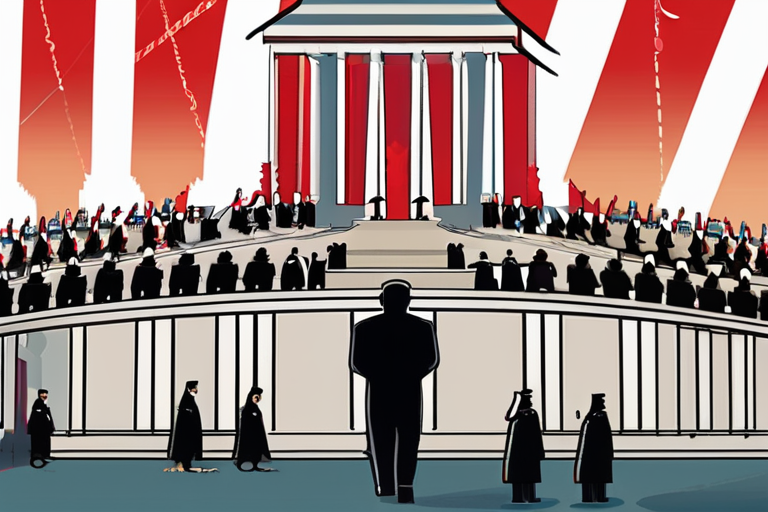

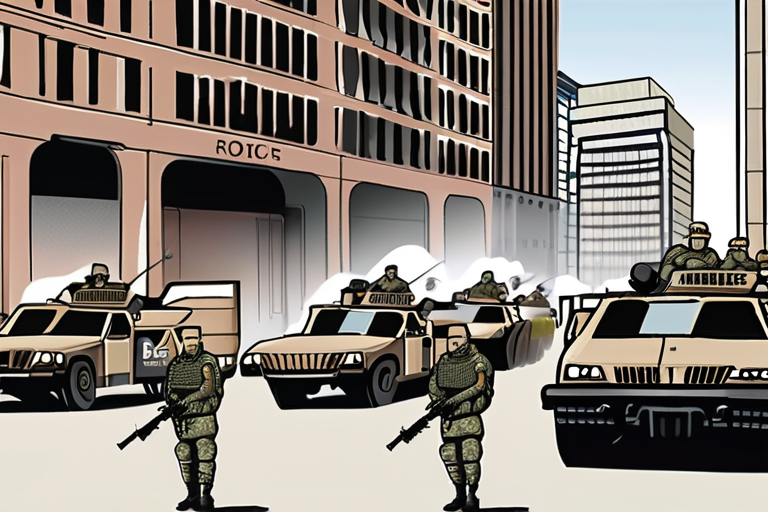
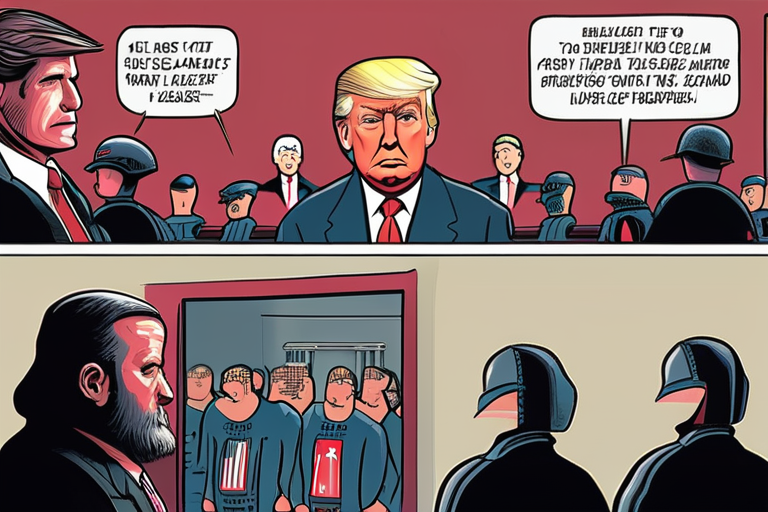
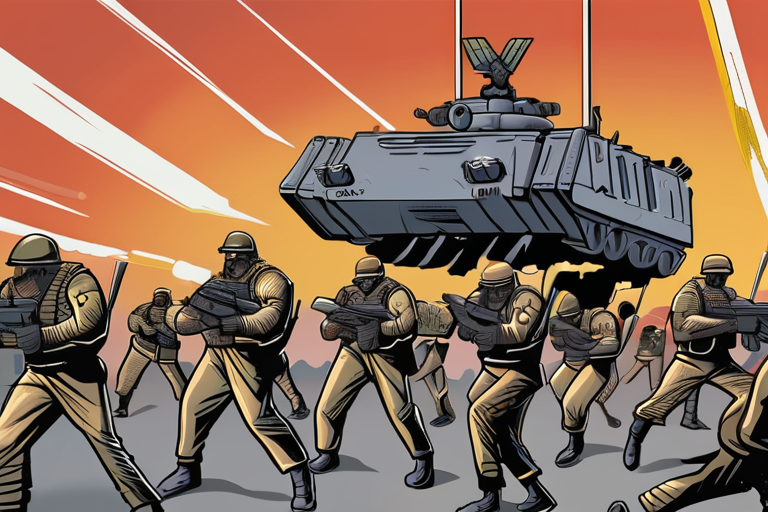
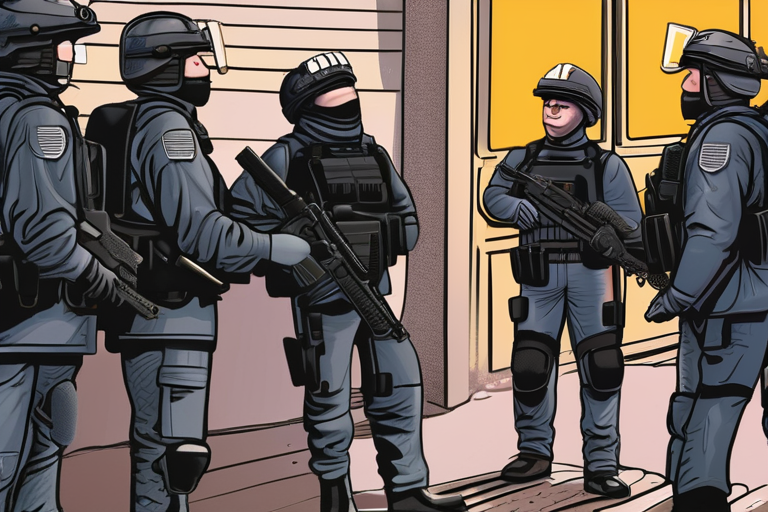
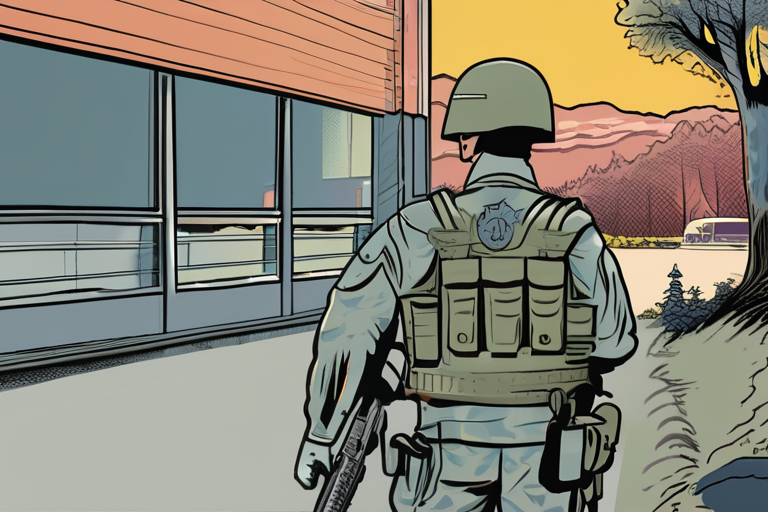
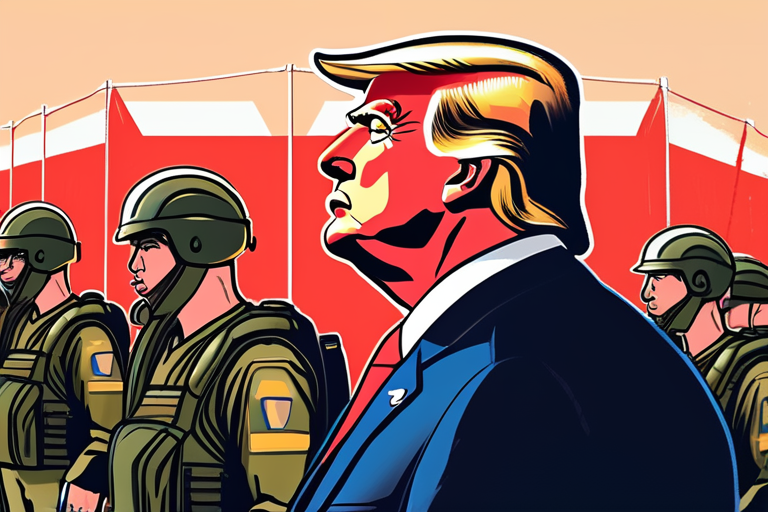
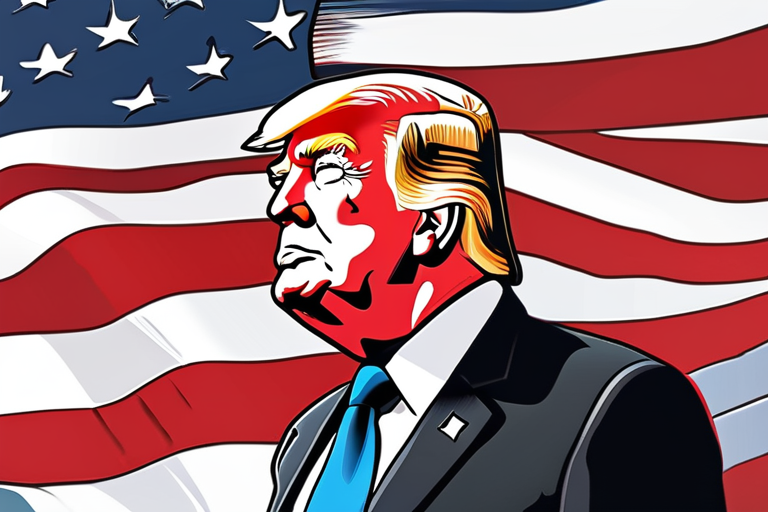
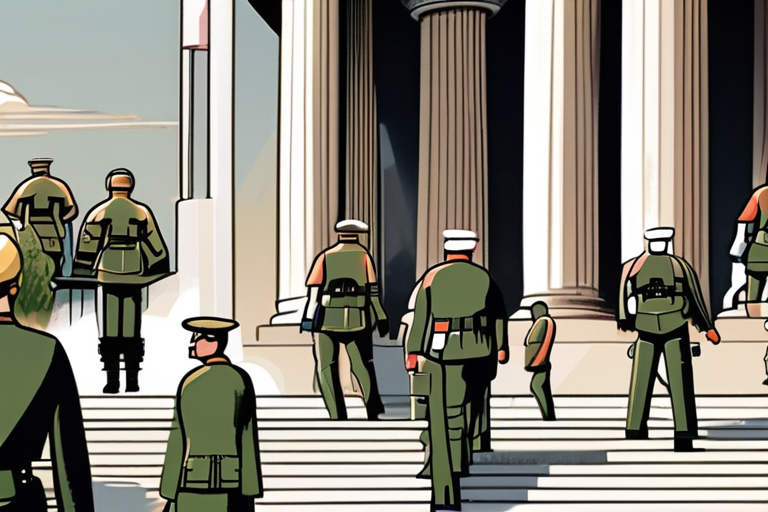
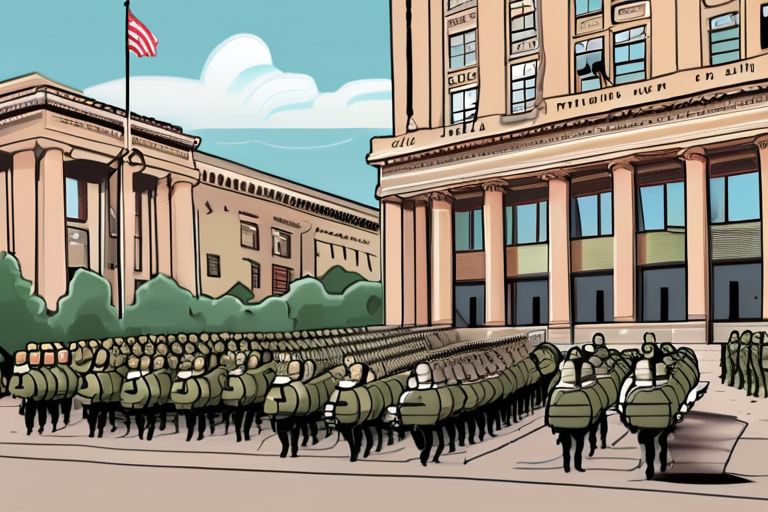
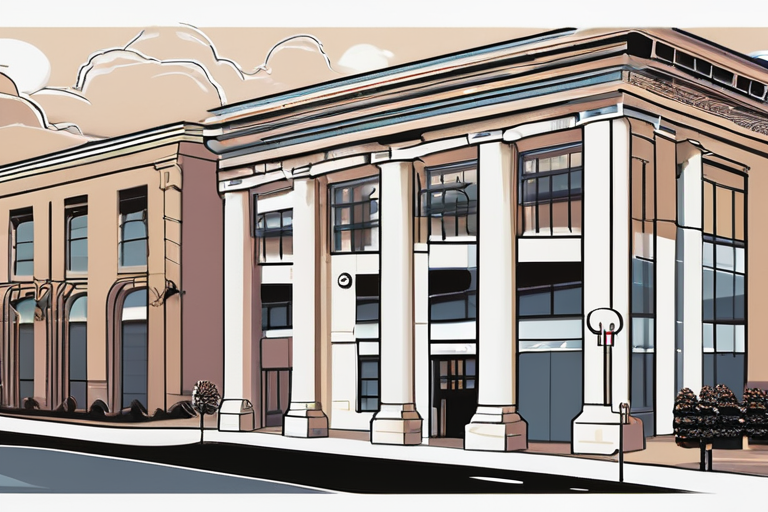
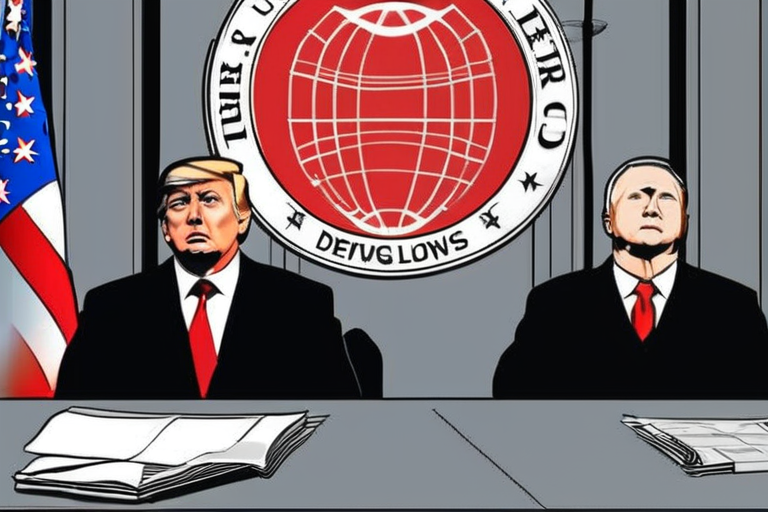
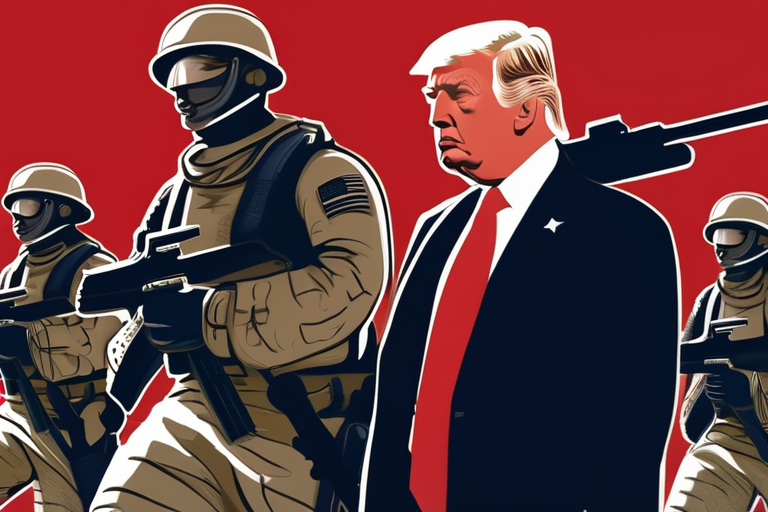
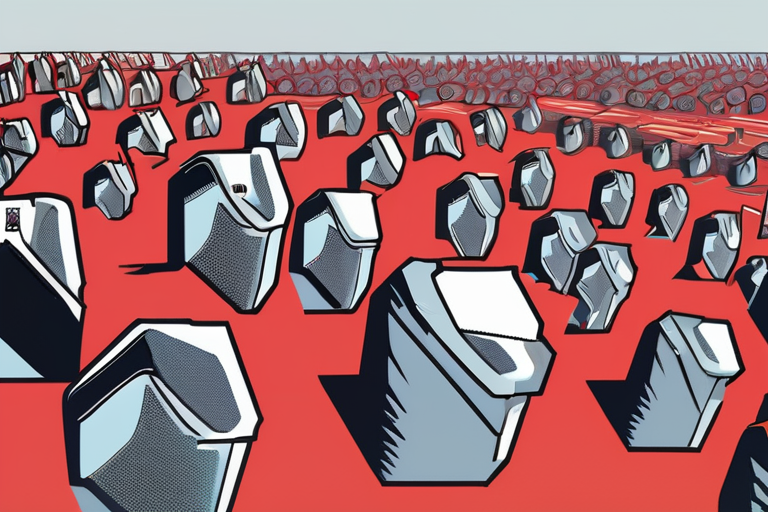
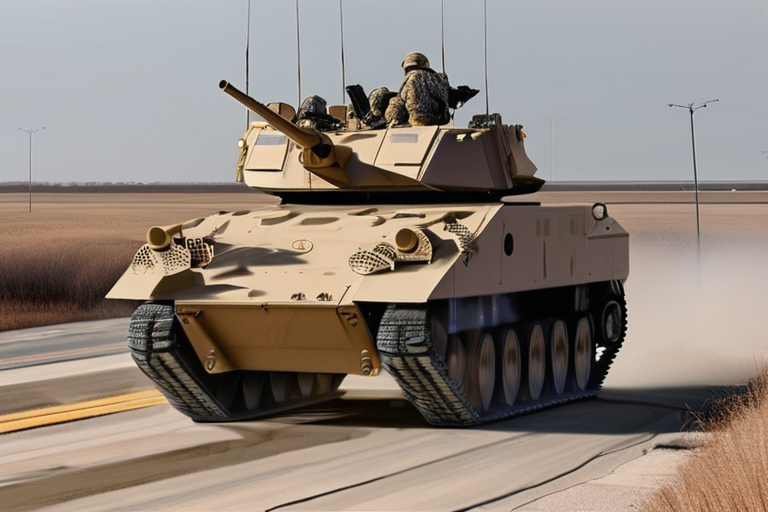
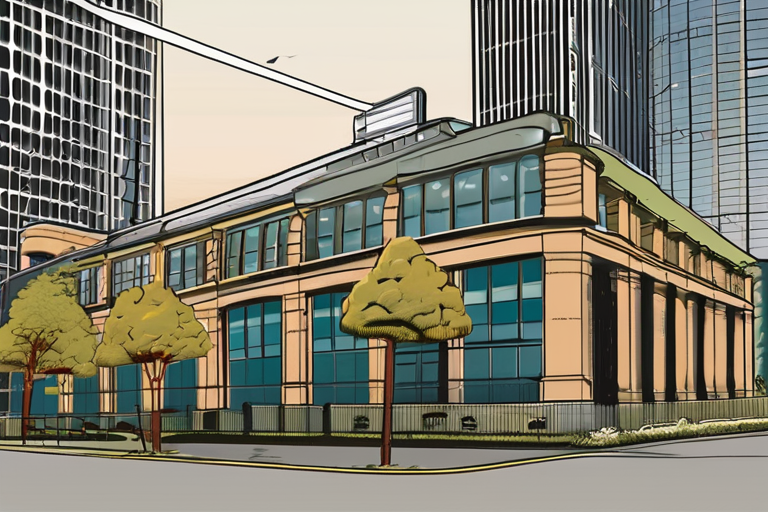
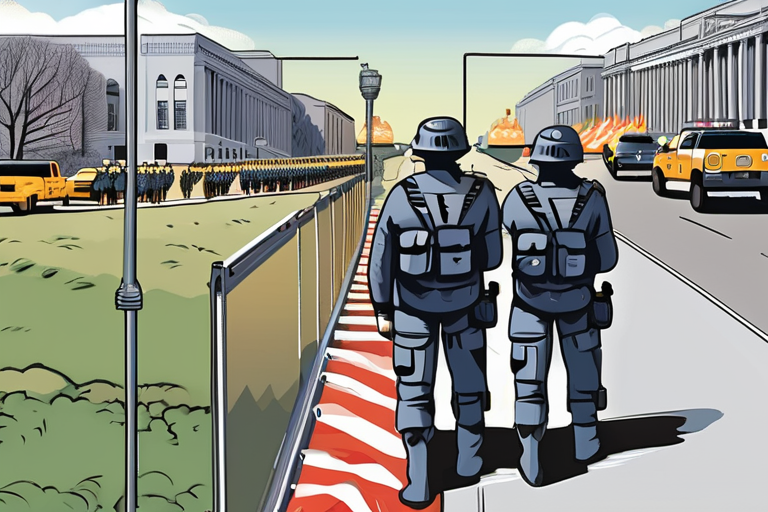
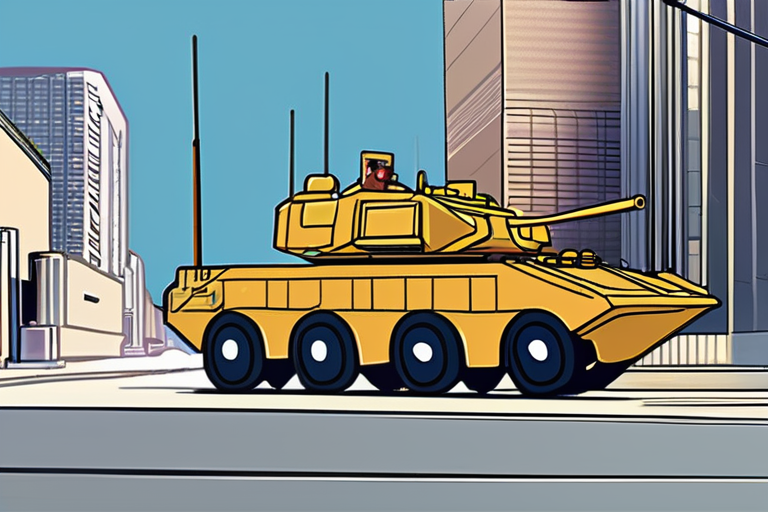
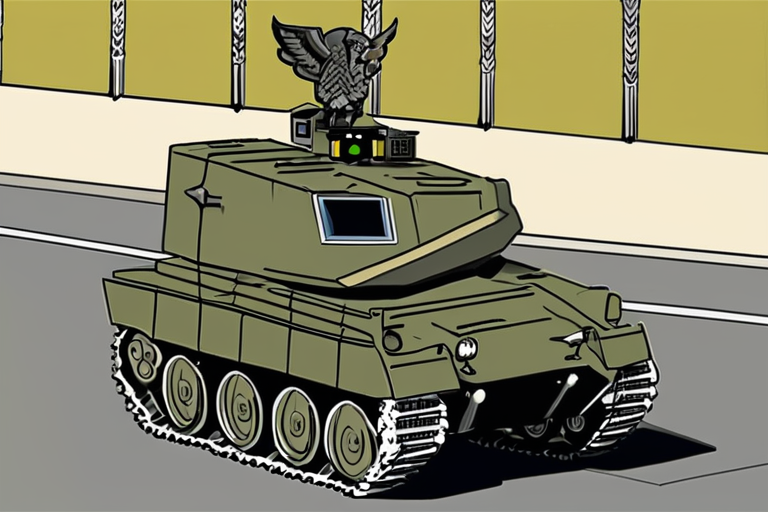
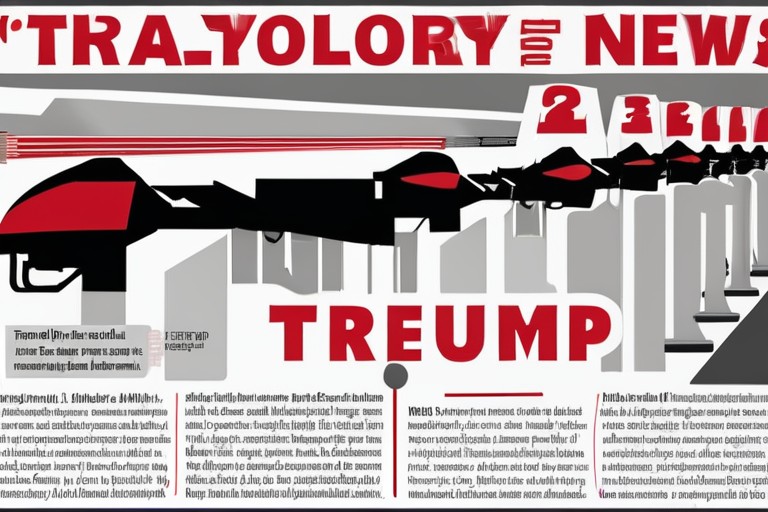
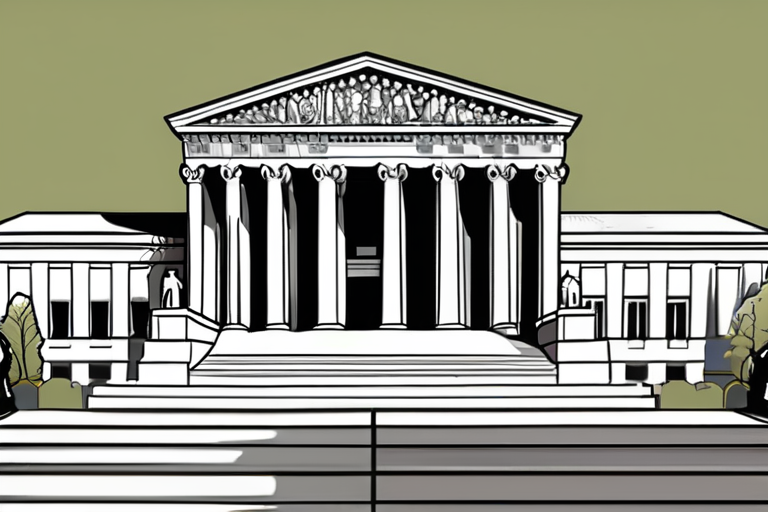
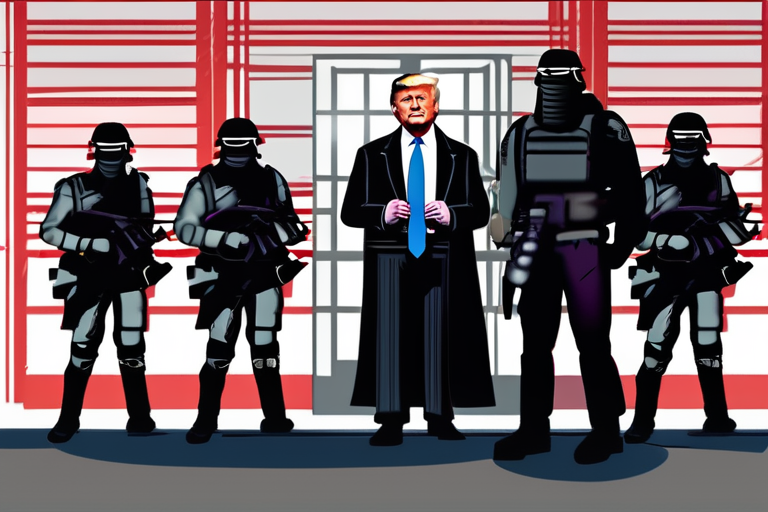
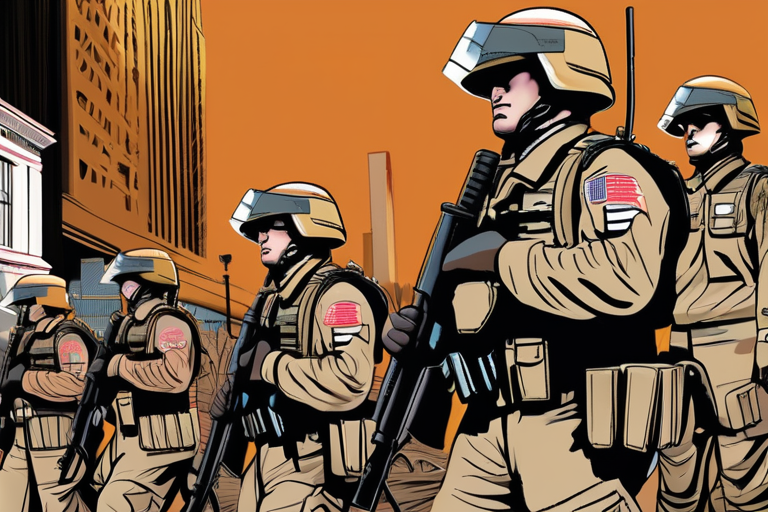
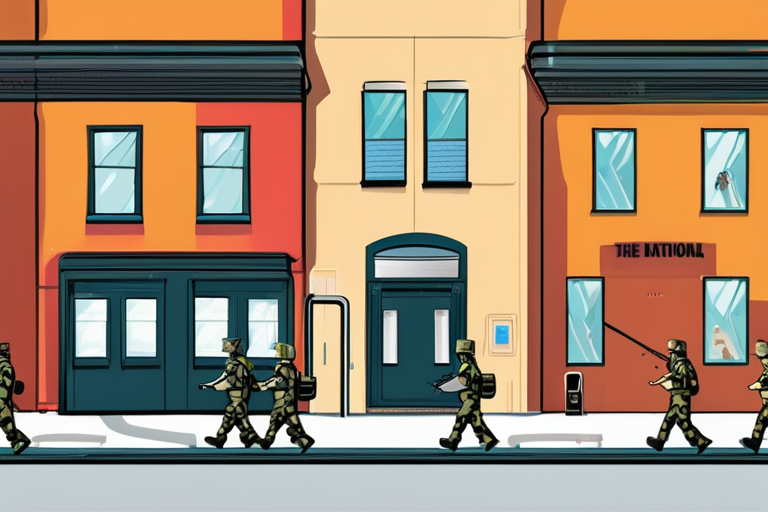

Share & Engage Share
Share this article